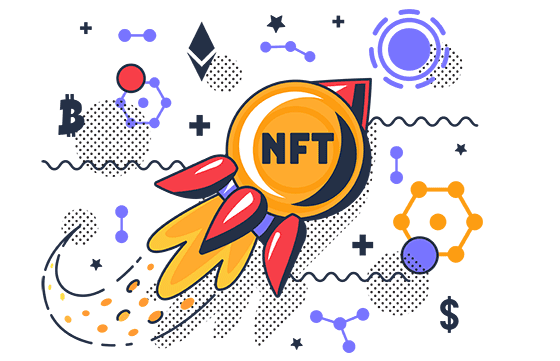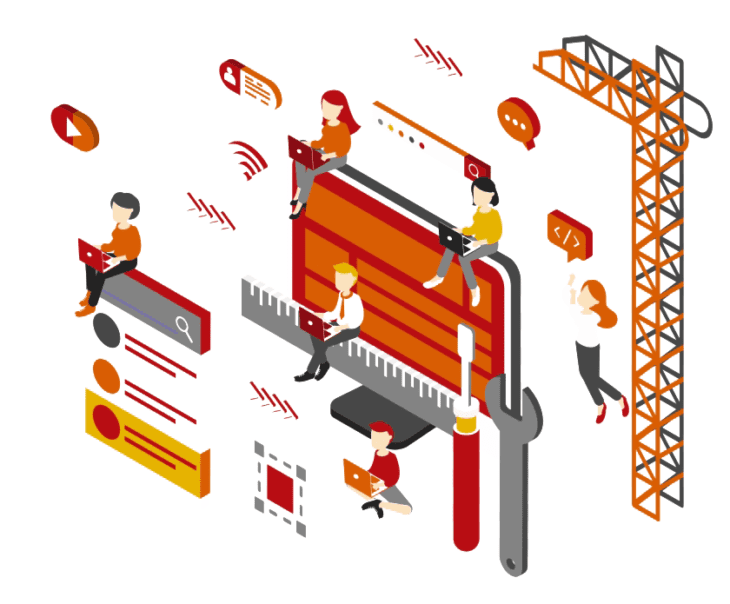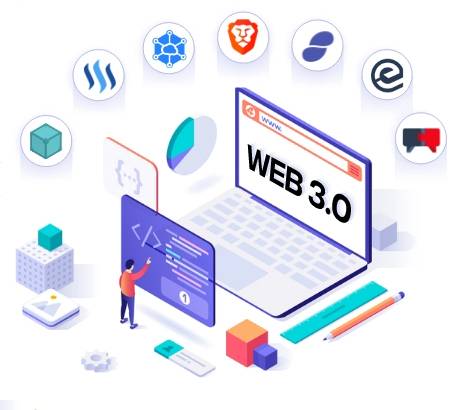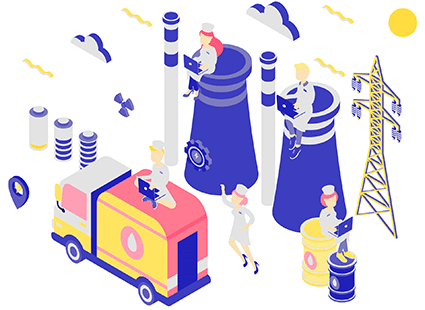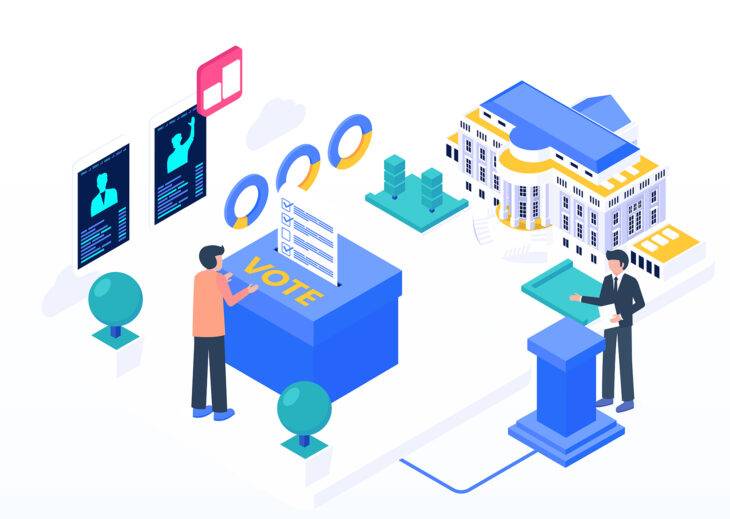Blockchain technology has the potential to play a critical role in combating government corruption. Since incorruptibility is at its core, it enables tamper-evident record-keeping with real-time transaction transparency and auditability, as well as automated smart contract features.
Blockchain technology alone would not entirely deter crimes or thwart bad actors. Although blockchain technology can complement and strengthen current legal systems and social structures, its effectiveness is limited by the system to which it is integrated. Without consistent law enforcement, reliable data inputs, sufficient technical know-how, cooperative political elites, and societal goodwill, blockchain-based governance can prove no more effective at deterring corruption than current laws and policies.
Nonetheless, prominent use cases illustrate how the technology can be used to fix flaws in existing systems. Additionally, these use cases demonstrate the critical nature of a holistic and multi-faceted approach to blockchain-based governance. They frequently contain significant drawbacks and disadvantages associated with the use of this novel technology. While these constraints can diminish as technology advances, governments must carefully consider the costs and benefits of blockchain-based governance systems. Nevertheless, the cost of political corruption to countries and the populations affected by it is far more significant than developing and implementing blockchain technology for governance.
Public Procurement
Public procurement (A.K.A. government contracting) is the single largest source of political corruption worldwide. Numerous factors contribute to the abuse of this government mechanism in both high- and low-income countries. Vendor selection processes are intricate and opaque, requiring a great deal of human judgment. Not only do these flaws result in enormous financial waste, but they also distort consumer costs, inhibit healthy competition, and often result in substandard products and ineffective services.
- How blockchain technology will assist: By allowing third-party monitoring of tamper-evident transactions and promoting greater objectivity and uniformity through automated smart contracts, a blockchain-based mechanism will directly resolve procurement’s corruption risk factors, thus increasing the transparency and accountability of transactions and actors.
- Significant limitations: Numerous roadblocks will obstruct successful deployment. For instance, the more accessible and usable a blockchain platform is, the more vulnerable it is. By overwhelming a system with irrelevant or malicious information or depriving it of the funds required to complete each transaction, “spamming” or “draining” attacks may cripple a system’s anti-corruption ability. Additionally, the blockchain network could be incapable of capturing the entirety of relevant human experiences. If fraud, bribery, or even traditional vendor selection continue to occur offline, the anti-corruption ability of blockchain-based procurement would be seriously harmed.
Registries of Land Titles
Numerous governments have begun experimenting with land title registries driven by blockchain technology. Specific programs, such as those in Sweden, are inspired by the need to boost productivity in a transaction-heavy industry. Other initiatives in Honduras and India, are committed to establishing and extending property rights and increasing accountability in a process prone to corruption.
- How blockchain technology will assist: Land registries powered by blockchain technology have the potential to provide a free, decentralized, publicly verifiable, and immutable record system for individuals to definitively prove their land rights. These characteristics mitigate the possibility of self-interested misuse of land rights and strengthen the overall durability of land ownership.
- Significant limitations: Blockchain systems by themselves are incapable of formalizing land ownership or resolving inefficient governance. Countries without or with incomplete or inaccurate land records must undergo a lengthy process of collecting, cleaning, and digitizing this data before a blockchain-based land title registry can work. Additionally, the degree of connectivity and technological savvy within a population can dictate the short-term viability of a blockchain-based land registry.
E-voting
Concerns about election protection, voter registration transparency, poll accessibility, and voter turnout have prompted governments to consider blockchain-based voting systems as a way to boost public confidence and involvement in critical democratic processes.
- How blockchain technology will assist: The decentralized, open, immutable, and encrypted characteristics of blockchain technology can help mitigate election tampering and increase poll accessibility.
- Significant limitations: Given the stakes involved in elections, electronic blockchain-based voting entails significant risks. Cyber-attacks and other security flaws are inherent in all emerging technology frameworks, including those based on blockchain technologies. These could result in vote-rigging, the erasure of paper trails, or electoral turmoil. Additionally, a voter verification system that relies on biometric technology, such as facial recognition, can result in false positives or negatives in voter identification, encouraging fraud or disenfranchising people. Additionally, voting systems based on blockchain technology could pose privacy risks and concerns. Thus, any such service must be delivered by a highly vetted technology provider and system. Nevertheless, such issues are part of most elections globally regardless of methodology. It would require significant motivation to eradicate such issues, and if responsibly and adequately implemented, blockchain can provide the most reliable elections system ever created.
Registries with Beneficial Corporate Ownership
Recent corruption scandals have sparked global outrage regarding the shadowy or undisclosed beneficial ownership of corporations. Secretly run businesses can easily be used to launder money, pay bribes, or sway public investment in self-interested ways.
- How blockchain technology will assist: Numerous countries are establishing central registries of beneficial corporate ownership to monitor conflicts of interest and illegal activity more effectively. Blockchain-based registries that are tamper-evident and widely available could provide much-needed transparency and disclosure.
- Significant limitations: Corporate ownership registries remain an exception, and those that do exist are often deficient in terms of verification systems. The relatively recent advent of beneficial corporate ownership registries, coupled with the novelty of blockchain technology, could present some implementation challenges. For instance, most countries do not require businesses to retain beneficial ownership details on their own. Additionally, implementing a robust and verifiable blockchain-based registry would require buy-in from lawmakers, attorneys, banks, and big businesses, many of whom may believe that such a system’s public transparency and auditability are detrimental to their interests.
Grant Payments
Numerous governments annually distribute millions of dollars to fund various causes, including education, the arts, humanitarian relief, and social assistance. This method is always perplexing, vague, and wasteful, resulting in money being lost to banking fees and intermediaries and opening the door to corrupt financial diversions.
- How blockchain technology will assist: Blockchain technology has the ability to help create public trust in such structures. Disintermediation and a reduction in the number of participants involved in grant awards, disbursements, and management could streamline the process, reduce costs, and reduce opportunities for illegal financial siphoning.
- Significant limitations: Recipients’ ability to handle blockchain-based grant disbursements efficiently can prove difficult or restrict the scope of transparency. Individuals and organizations with less technical savviness or financial resources can face prejudice or exclusion from grant distribution processes if they are unable to use the system. Additionally, a blockchain-based disbursement system does not sufficiently resolve the question of unethical practices in the grant-making process. This problem often occurs in the context of humanitarian aid.
Balancing the advantages and drawbacks
Apart from application-specific concerns, overarching technological impediments could stymie successful blockchain-based governance. These impediments can include implementation costs and scalability, as well as uncertain negative externalities and inexperienced policymakers.
The World Economic Forum published a study assessing blockchain’s potential for effectively combating public corruption. The paper, Exploring Blockchain Technology for Government Transparency: A Blockchain-Based Public Procurement System, focuses on the Forum’s ongoing collaboration with the Inter-American Development Bank and the Colombian Inspector General’s Office to examine, design, and evaluate a blockchain-based procurement use case. The proof-of-concept, which focused on a public permissionless Ethereum blockchain-based procurement auction, demonstrated the technology’s potential use in several additional areas of public governance that are vulnerable to corruption.
Additional blockchain use cases will arise to combat bad actors. When they do, lawmakers should not be distracted by the innovation and untapped anti-corruption potential of blockchain-based solutions. Nonetheless, blockchain technology possesses valuable characteristics, especially those related to tamper-evident and permanent databases and record-keeping, that have the potential to significantly improve transparency, accountability, and citizen participation in areas that have a material effect on democratic governance and sustainable development globally.
This article is also published on LinkedIn and Medium.






